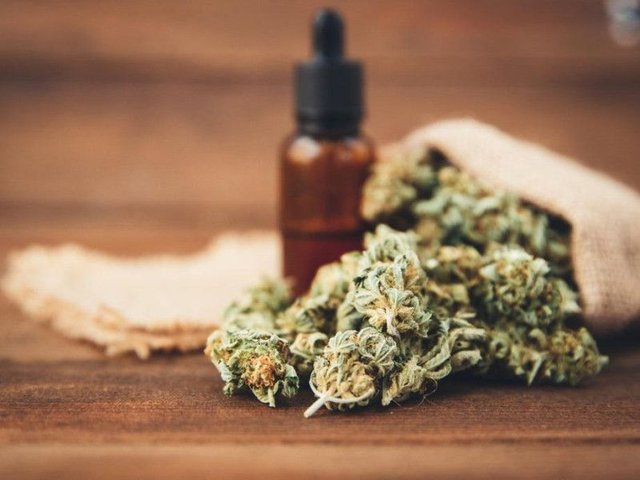With the increasing popularity of CBD (cannabidiol) products, consumers are often faced with choices between full-spectrum, broad-spectrum, and CBD isolate formulations. Each type offers unique benefits and considerations, making it essential to understand the differences between them before making a purchase. In this blog post, we’ll delve into the distinctions among full-spectrum, broad-spectrum, and CBD isolate products, as well as their potential advantages and applications.
- Full Spectrum CBD:
Full-spectrum CBD products contain a wide range of cannabinoids, terpenes, and other beneficial compounds extracted from the hemp plant, including THC (tetrahydrocannabinol) at levels below the legal limit of 0.3%. This comprehensive blend of cannabinoids and terpenes works synergistically to produce what is known as the “entourage effect,” where each compound enhances the therapeutic effects of the others. As a result, full-spectrum CBD is believed to offer the most potent and holistic benefits, including pain relief, inflammation reduction, anxiety relief, and improved sleep quality.
Despite its potential benefits, full-spectrum CBD products may not be suitable for everyone, especially those subject to drug testing or individuals sensitive to THC. Additionally, the presence of THC may cause psychoactive effects in some users, although the amount is typically insufficient to induce intoxication.

- Broad Spectrum CBD:
Broad-spectrum CBD products are similar to full spectrum but undergo additional processing to remove THC completely while retaining the other cannabinoids, terpenes, and phytonutrients found in the hemp plant. This allows consumers to experience the entourage effect without the risk of THC-related side effects or concerns about failing drug tests. Broad-spectrum CBD is an excellent option for individuals who want to avoid THC but still reap the benefits of other cannabinoids and terpenes.
Broad-spectrum CBD products may offer similar therapeutic effects to full-spectrum CBD, including pain relief, anxiety reduction, and improved sleep quality, albeit potentially less potent due to the absence of THC. However, the entourage effect may still contribute to enhanced efficacy compared to CBD isolate products.
- CBD Isolate:
CBD isolate is the purest form of CBD, containing 99% pure cannabidiol extracted from the hemp plant and devoid of other cannabinoids, terpenes, and plant compounds. CBD isolate is typically crystalline in form and lacks the characteristic flavor and aroma associated with full-spectrum and broad-spectrum CBD products. Despite its lack of additional compounds, CBD isolate still offers potential therapeutic benefits, including pain relief, anxiety reduction, and anti-inflammatory properties.
One of the main advantages of CBD isolate is its versatility and ease of use. Since it contains only pure CBD, it can be added to a wide range of products, including oils, tinctures, edibles, capsules, and topicals, without altering their flavor or consistency. Additionally, CBD isolate is ideal for individuals who prefer precise dosing or who are sensitive to other cannabinoids and terpenes present in full-spectrum and broad-spectrum CBD products that you can learn from industry experts.
Conclusion:
When choosing a CBD product, it’s essential to consider your individual needs, preferences, and sensitivities to determine which form is right for you. Full-spectrum CBD offers the most comprehensive range of cannabinoids and terpenes, providing potential benefits through the entourage effect. Broad-spectrum CBD provides similar benefits without the presence of THC, making it suitable for individuals who want to avoid psychoactive effects or drug testing concerns. CBD isolate offers pure cannabidiol for precise dosing and versatility in product formulations. By understanding the differences between full-spectrum, broad-spectrum, and CBD isolate products, you can make an informed decision to support your health and wellness goals.

